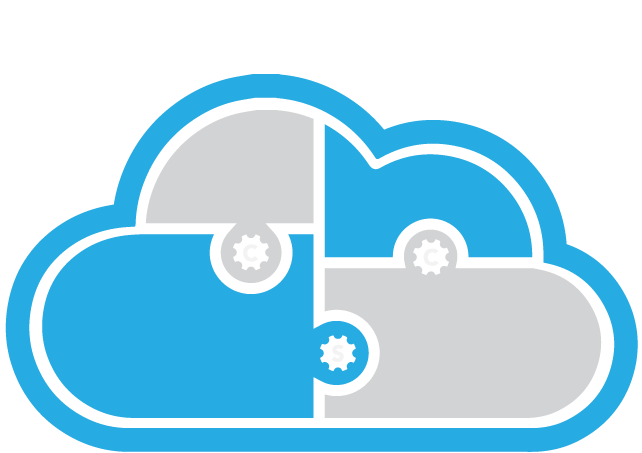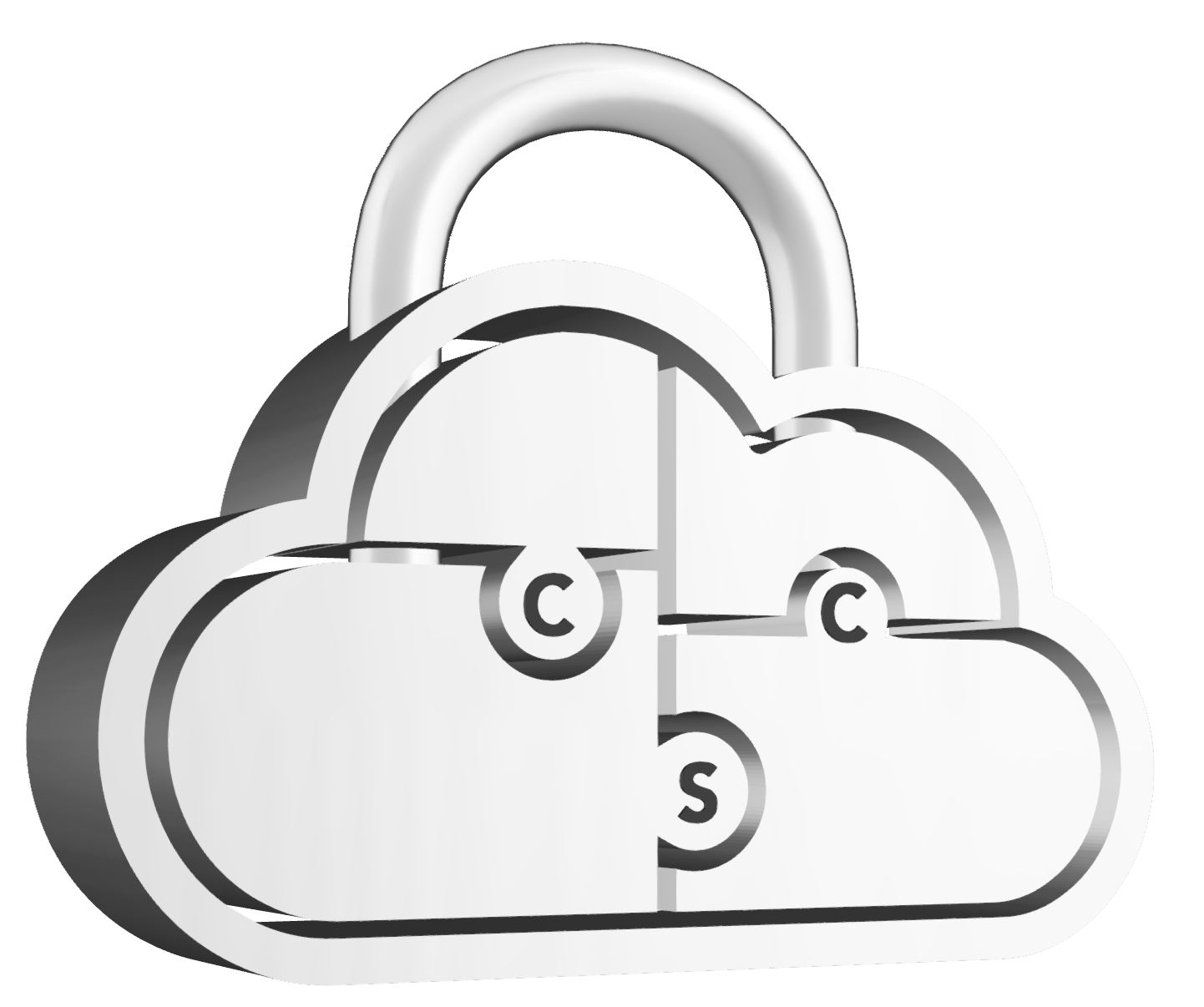
Protect Your Personal Information and Data
Protecting your personal information and data is crucial for your online security and privacy. Cybercriminals can use your personal information and data to steal your identity, access your accounts, or commit fraud. Here are some tips on how to secure your accounts, devices, and network from cyber threats.
Secure Your Accounts
Create and use strong passwords for your online accounts. A strong password is at least 12 characters long, contains a mix of letters, numbers, and symbols, and is not easy to guess or crack. You can use a password manager to generate and store your passwords securely.
Use multi-factor authentication (MFA) for your online accounts whenever possible. MFA adds an extra layer of security by requiring you to enter a code or use a device to verify your identity when you log in. This way, even if someone steals your password, they cannot access your account without the second factor.
Do not share your passwords or account details with anyone, especially through email, phone, or social media. Cybercriminals can use phishing or social engineering techniques to trick you into revealing your personal information or data. Always verify the identity and legitimacy of the sender or caller before responding or clicking on any links or attachments.
Review your account settings and privacy policies regularly. Make sure you know what information and data your online accounts collect, store, and share, and how you can control or limit them. Opt out of any unnecessary or unwanted features or services that might compromise your security or privacy.
Secure Your Devices
Install and update antivirus and anti-malware software on your devices. These can help you detect and remove any malicious programs or files that might infect your devices or steal your personal information or data. You can also use a firewall to block any unauthorized or suspicious network traffic to or from your devices.
Encrypt your devices and data. Encryption is a process that scrambles your data into an unreadable format that can only be decrypted with a key or a password. Encryption can protect your data from being accessed or stolen by cybercriminals, even if they get hold of your devices or storage media.
Lock your devices and use biometric authentication. Biometric authentication is a method of verifying your identity using your physical or behavioral characteristics, such as your fingerprint, face, or voice. Biometric authentication can provide a more convenient and secure way of unlocking your devices than passwords or PINs.
Backup your data regularly. Backing up your data means making a copy of your data and storing it in a separate location, such as an external hard drive or a cloud service. Backing up your data can help you recover your data in case of a cyberattack, a device failure, or a natural disaster.
Secure Your Network
Use a secure and private network connection. A secure and private network connection is one that is encrypted and protected by a password or a certificate. A secure and private network connection can prevent cybercriminals from intercepting or modifying your network traffic or accessing your devices or data. Avoid using public or unsecured Wi-Fi networks, as they can expose your network activity and data to cyber threats.
Use a virtual private network (VPN) service. A VPN service is a service that creates a secure and encrypted tunnel between your device and a remote server. A VPN service can hide your IP address and location and allow you to access the internet anonymously and securely. A VPN service can also help you bypass any censorship or geo-restrictions that might limit your online access or freedom.
Secure your router and modem. Your router and modem are the devices that connect your network to the internet. You can secure your router and modem by changing their default passwords, updating their firmware, disabling any remote access or management features, and enabling any security or firewall settings. You can also use a guest network or a separate network for your smart devices to isolate them from your main network and devices.
Learn why you need Zero Trust security for your business.




